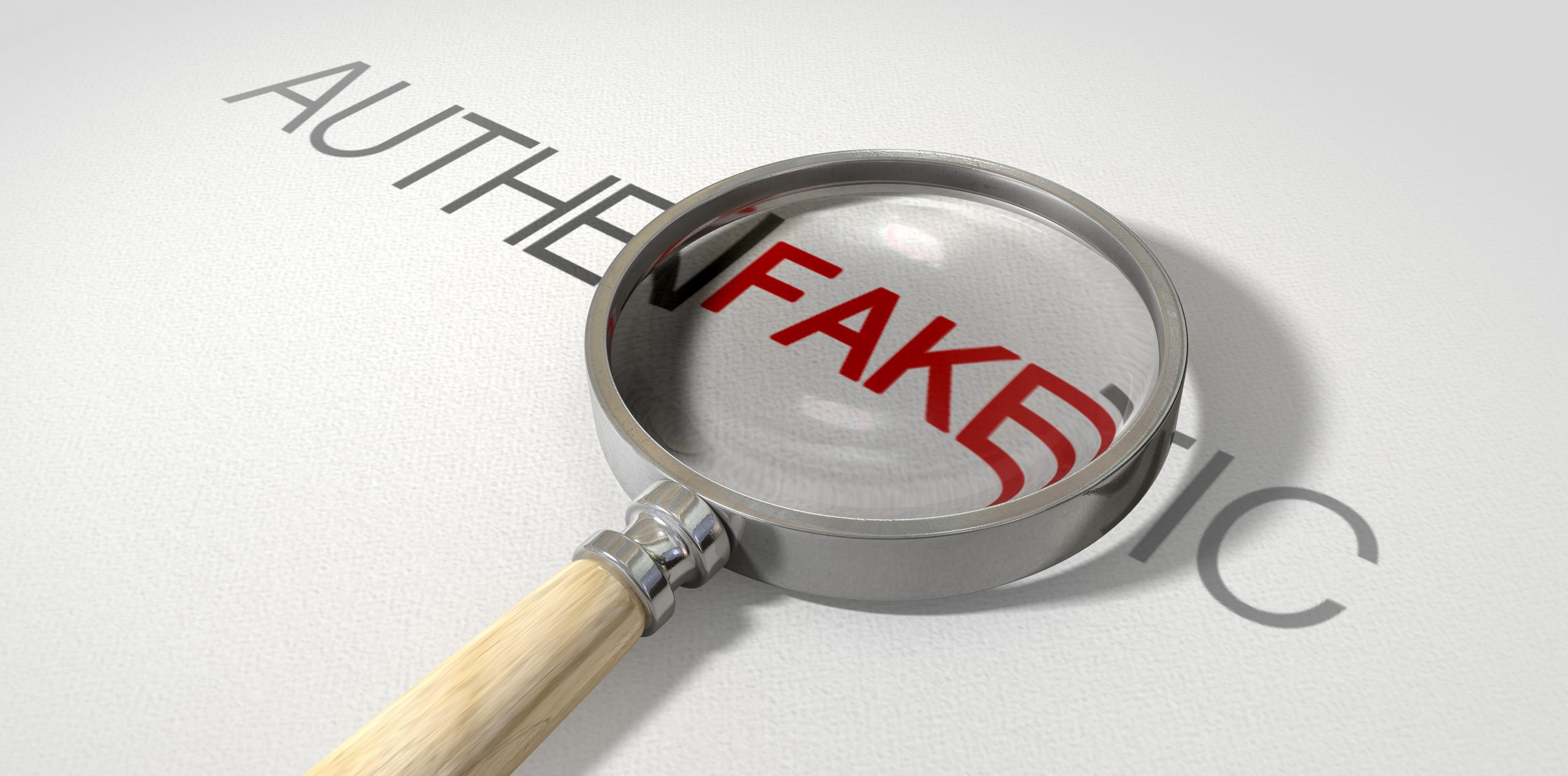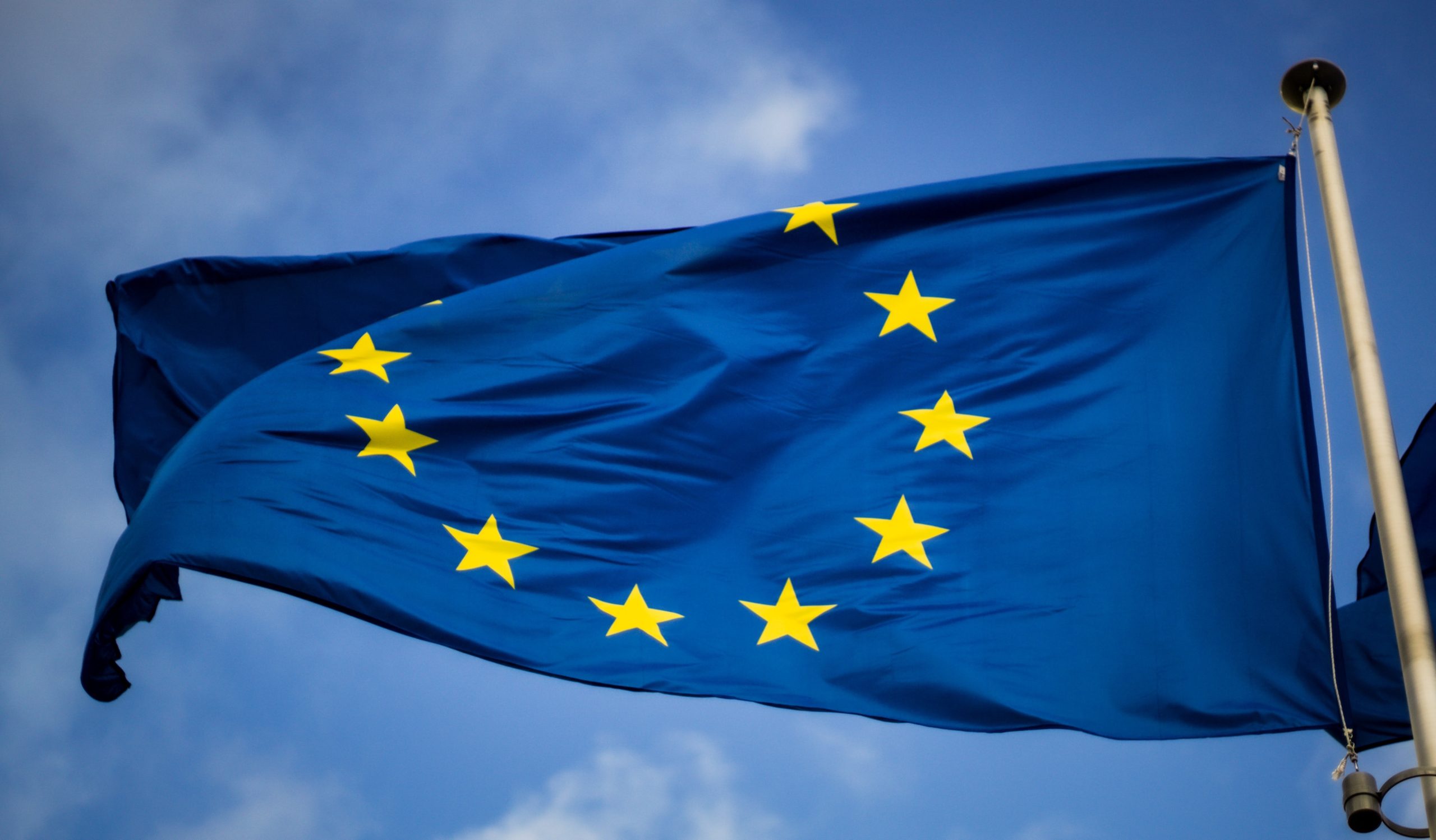My question: in Italy have we got out-of-date rules governing online blogging and online journalism or have we got out-of-date “operators” (judges, officers and politicians) or even both?
Let’s start with the fact that the Pulitzer prize 2012 has been awarded to both David Wood of The Huffington Post and Matt Wuerker of Politico, two online newspapers/blogs. This is not to say that online blogging and online journalism are still something of a “phenomenon”. They are a commonplace reality all over the world, including Italy.
With that in mind, some recent news surprised me a lot.
1. Before the Criminal Court of Pordenone, an individual, the CEO of the website www.pnbox.tv, has been charged with the “abusive exercise of the profession of journalist”. As newspapers have reported, the CEO manages an online platform which allows users to publish their videos shot both autonomously and with the support of a videocamera made available by Pnbox itself. The manager has been charged “in his capacity of being responsible for the transmissions of PnBox, web tv, without having registration with the Body of Journalists and without registration of the newspaper with the Court” because he disseminated “information intended to form the subject of interpersonal communication specifically regarding news, politics and shows related to the territory of Pordenone” free of charge.
2. The Italian Supreme Court recently ruled that RCS (the publisher of one of the main Italian newspapers, Corriere della Sera) must update its online archive in order to make the possible continuation or modification of the facts and subject of an article (for instance, the next updates of a criminal proceeding) easily available to online users. Some commentators found that, notwithstanding the fact that the ratio of the ruling may be correct, concrete and technical enforcement is likely to be difficult and too burdensome for the publisher.
3. Almost every month either the Italian Government or a single member of the Parliament tries to put forward a rule that some commentators call the “blog-killer” which would essentially provide that every internet service provider has a duty to correct within 48 hours any content published online if they receive a simple request from the subjects alleging damage. The proposed rule provides that a violation of this duty risks administrative sanctions in the range of several thousands of euros (up to € 12.000). It is unusual that a rule like this involving the management of the main constitutional right of freedom of expression is treated by politicians as a part of the bill of law concerning legal interceptions or a part of the so called European Community Law (the Italian law which every year implements a number of EU directivesIn Italy ).
In light of the examples above and also in light of the fact that the Criminal Courts are still contemplating the shortcut of applying Press Law and press regulations to online blogging and online journalism, does Italy have the up-to-date legal categories for adequately governing these areas?
I think that the issues raised by the news reported above (and many others news items I did not even mention here) are not a matter of principle as such because they also have a significant impact on the business of companies (see example 2) and on the everyday life both of bloggers and readers.
You may also be interested in this article on a related topic which was posted a year ago.
I am very curious to know what you think about this topic. Please leave a comment or contact me directly by email gianluigi.marino@dlapiper.com
(http://blog.dlapiper.com/iptitaly/)


